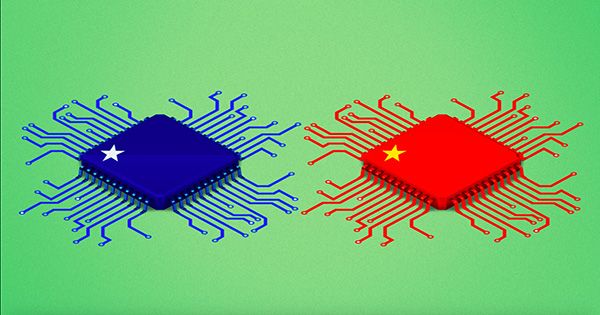With wave after wave of regulatory crackdowns dominating China tech news in 2021, it is easy to lose sight of what being regulated, who is doing the regulating, and what the regulations actually. From fintech to data management to education, a slew of organizations are rewriting the rules of the game, often at a pace that only the most observant can keep up. In the case of antitrust, a newly strengthened bureaucratic institution appears to be signaling that the rearrangement of how Chinese internet corporations deal with users, vendors, and the government is just getting started. The State Administration of Market Regulation (SAMR), which was formed three years ago as a merger of previously existing agencies, has swiftly become a force to be reckoned with, altering how corporations evaluate risk and opportunity in the market with the world’s most internet users.
SAMR has previously imposed significant fines on companies like Alibaba and Meituan, but recent developments indicate that the agency is only getting started. According to Reuters, China is considering elevating SAMR’s antitrust office to deputy-ministerial status and renaming it the National Antimonopoly Bureau. According to reports, the higher ranking will aid antitrust investigators in gaining resources when looking into mergers and acquisitions, as well as boost SAMR’s in-house competence to perform research that it previously had to outsource. This would be consistent with prior reports that the agency intended significantly increase its employees.
This means turbulent waters ahead for China’s IT behemoths and those vying for market dominance. It is also reshaping investor thinking about how to value some of the world’s fastest-growing businesses.
The “Gilded Age” of the decades following the American Civil War known for its richness and high inequality, and it saw the United States grow as an industrial and economic giant. A weak central government and the emergence of the country’s hyper-wealthy corporate interests and industrialists, including names like Rockefeller, Carnegie, and Morgan, whose monopolies dominated economics, politics, and society, characterized the period. While it was a period of remarkable innovation and dynamism, its excesses prompted Theodore Roosevelt’s Progressive Era at the turn of the century, which saw regulatory measures adopted to conserve natural resources, protect consumers, and break up corporate monopolies.
Xi Jinping has consolidated control over the reins of the state and is attempting to curb the excesses that have resulted from decades of transformative growth, as several observers have noted. With a country riven by social inequality, environmental degradation, and behemoth corporate interests, Xi Jinping has consolidated control over the reins of the state and is attempting to curb the excesses that have resulted from decades of transformative growth. Xi, like Roosevelt, appears to regard his country’s most profitable firms as colossal behemoths whose dominance jeopardizes the economy and society’s long-term viability. Xi, on the other hand, appears to have his eyes set squarely on China’s world-leading technology corporations, just as if Roosevelt did with oil and railroad monopolies.















